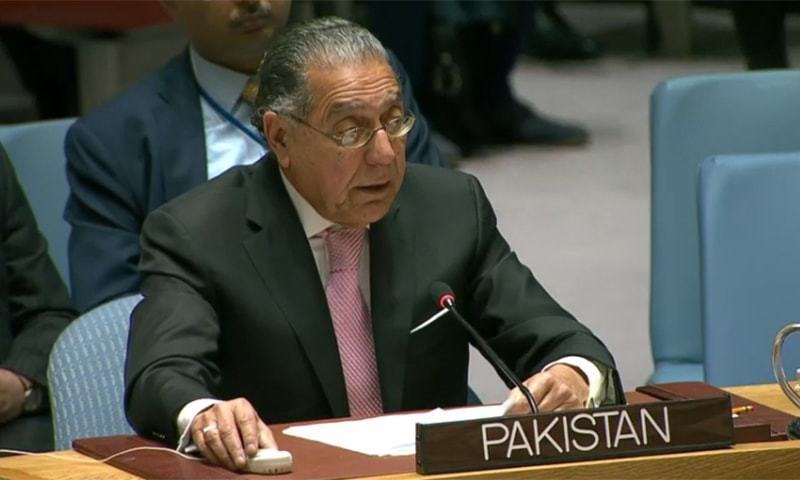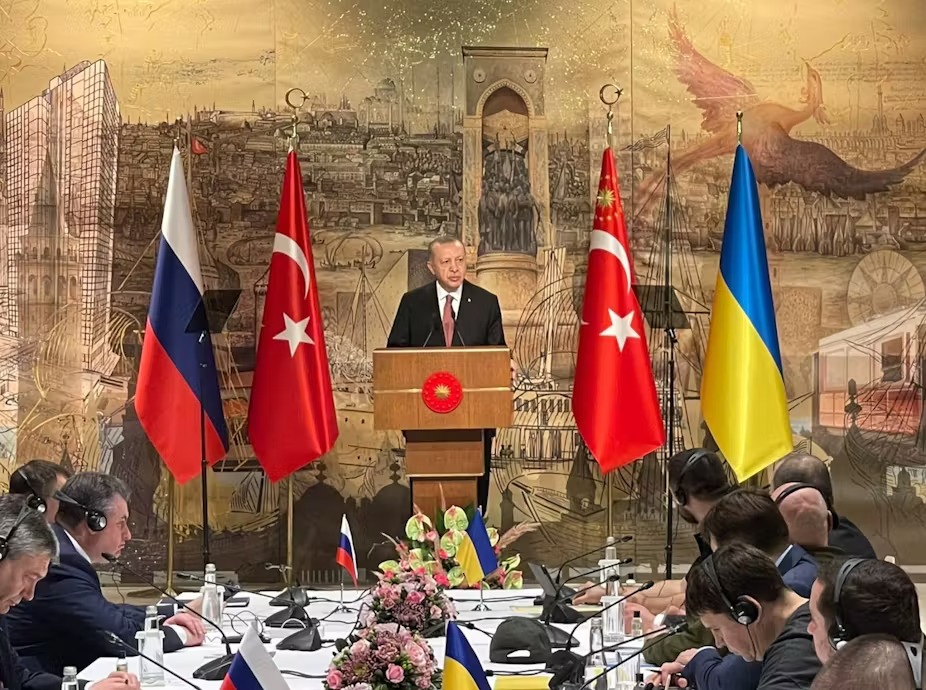Pakistan called upon the UN General Assembly to demand an immediate ceasefire in Gaza. Ambassador Munir Akram, Pakistan’s UN envoy, emphasized the General Assembly’s responsibility to promote peace through dialogue when the Security Council fails to act. He stated that there is widespread sentiment that the Security Council has not fulfilled its role as envisioned in the UN Charter and has failed to halt the violence in Gaza. Ambassador Akram urged the General Assembly to take action and demand a swift ceasefire, as well as full and unrestricted humanitarian access to aid the people of Gaza.
Calls for Protection of Palestinians
Ambassador Akram also stressed the need to ensure that Palestinians are not displaced either within or outside Gaza. He suggested that the international community should strive to revive the two-state solution, emphasizing its importance for lasting peace in the Holy Land.
Failure of the Security Council
During the debate, Pakistan pointed out various instances where the Security Council had failed to live up to its Charter. These included the conflict in Ukraine and the Jammu and Kashmir dispute. The ambassador noted that despite Security Council resolutions calling for a plebiscite in the disputed region of Kashmir, these resolutions were never implemented. He compared India’s actions in Kashmir to Israel’s in Palestine, stating that India’s significant military presence was suppressing the freedom struggle of the Kashmiri people.
Reform of the Security Council
Ambassador Akram proposed that the deficiencies in the Security Council could be addressed by making it more representative of the UN’s membership and more democratic. He suggested that this could be achieved by amplifying the voices of small and medium-sized states and by making the council more accountable through periodic elections. Ambassador Akram argued that the council’s shortcomings were primarily due to the veto power held by its five members, whether exercised directly or indirectly. He expressed his doubts about expanding the number of the council’s permanent members, stating that the problem cannot be the solution.
Pakistan is a member of the Uniting for Consensus (UfC) group within the UN, which opposes adding more permanent seats to the Security Council. Instead, it advocates for a consensus on the form and size of the council before making any decisions regarding reform.
The debate highlighted the urgent need for international action to address the ongoing crisis in Gaza and the broader issue of Security Council reform. Pakistan’s call for immediate humanitarian assistance and a ceasefire in Gaza underscores the gravity of the situation and the international community’s responsibility to act.
















